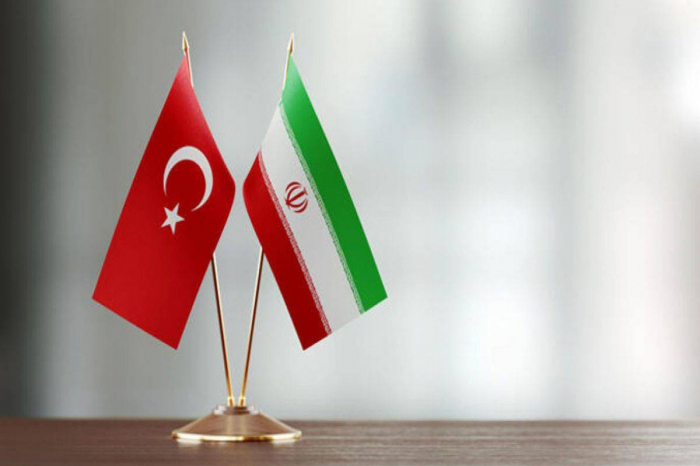Mikhail Neizhmakov,
Russian political scientist, leading analyst of the Agency for Political and Economic Communications
It is obvious that the arrival of OSCE and EU observers in Armenia could not arouse much enthusiasm in Moscow. The recent comment by the official representative of the Russian Foreign Ministry Maria Zakharova, on this matter is perhaps sharper than the one made at the end of September 2022, when such ideas were discussed at first. Nevertheless, it is clear that the mere presence of these missions in the region can hardly raise the influence of Western players on Yerevan.
These missions do not have tools to influence the sides of the conflict. In the case of the EU mission, the thesis in the statement of the press service of the EU office in Armenia that this monitoring group will be engaged in observation, and not investigation indicates that the official statements of this group can be as cautious as possible. As for the OSCE mission, even if the official assessments of the situation conducted by this group of observers contain theses that are contrary to Baku's interests, it will not significantly affect the situation in the region.
Perhaps Nikol Pashinyan’s team assumes that the work of these missions will become an additional factor strengthening the negotiating positions of official Yerevan in the dialogue with Moscow. Apart from that, Yerevan does not receive concrete guarantees from Western players in the field of security.
If we talk about other instruments of influence of Western players on Yerevan, we can recall, for example, that the topic of additional financial assistance to Armenia from the EU remains on the active agenda. For example, at a meeting of the Government of Armenia on October 20, 2022, the previously reached agreement with the European Union was mentioned, suggesting that Brussels will allocate 2.4 billion euros to Yerevan by 2026 as part of investment and economic programs. And yet, so far, the EU and US investments in relations with Yerevan are not enough to significantly reduce Russia's influence on Armenia.
As for the Turkish factor in relations between Baku and Tehran, as reported earlier, not so long ago, representatives of the National Gas Company of Iran and Turkish Botas announced the achievement of new agreements on the supply of Iranian gas to Turkey. Such agreements can only affect the nature of the foreign policy contacts of the states; it was no surprise that Turkish Foreign Minister Mevlut Cavusoglu spoke about the embargo on Iranian oil precisely in the context of lifting sanctions in October. This is precisely the mutual interest in economic ties. In this context the Turkish factor will rather push Tehran to look for ways to reduce contradictions in relations with Baku.
But, in fact, other signals may indicate that a new intensification of interaction between Iran and Azerbaijan is possible in the near future. The same telephone conversations between the Chief of Staff of the Iranian Armed Forces Mohammad Hossein Bagheri and Azerbaijani Defense Minister Zakir Hasanov, as well as the meeting in Istanbul between Aide to the President of Azerbaijan Hikmet Hajiyev and Iranian Minister of Culture Mohammad Mehdi Esmaili may indicate that the window for dialogue between Baku and Tehran is not closed yet.
More about:
















































